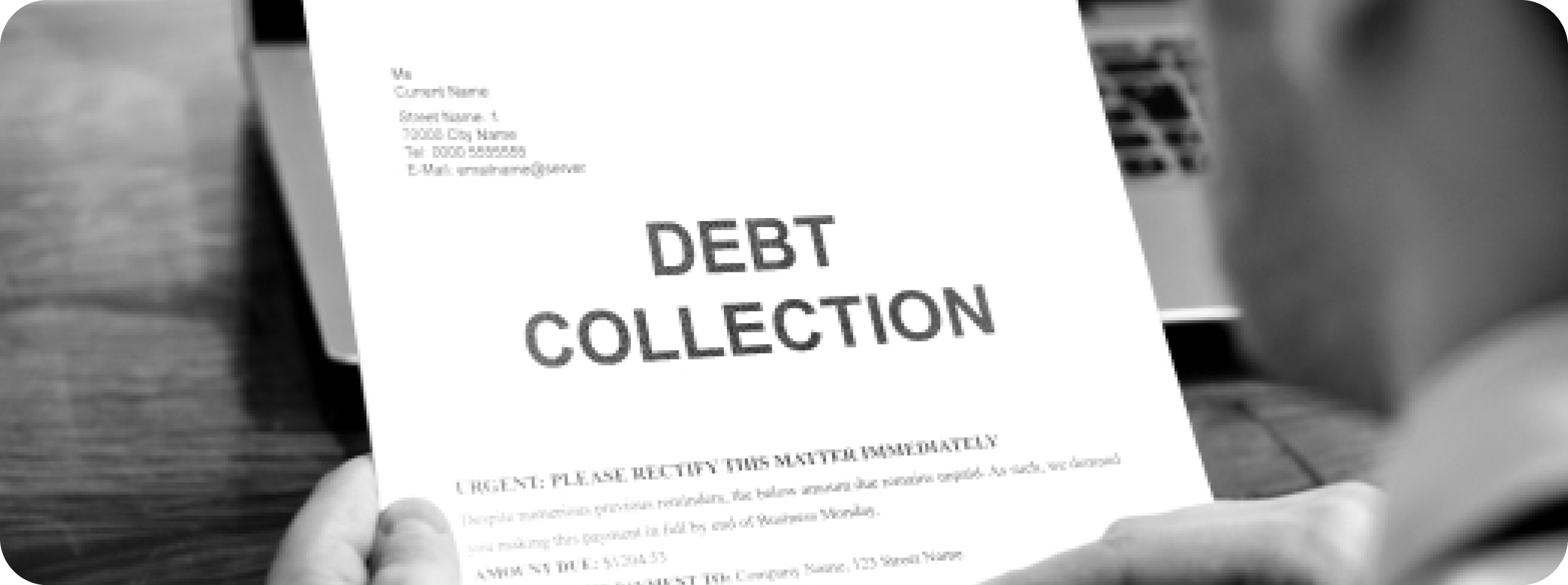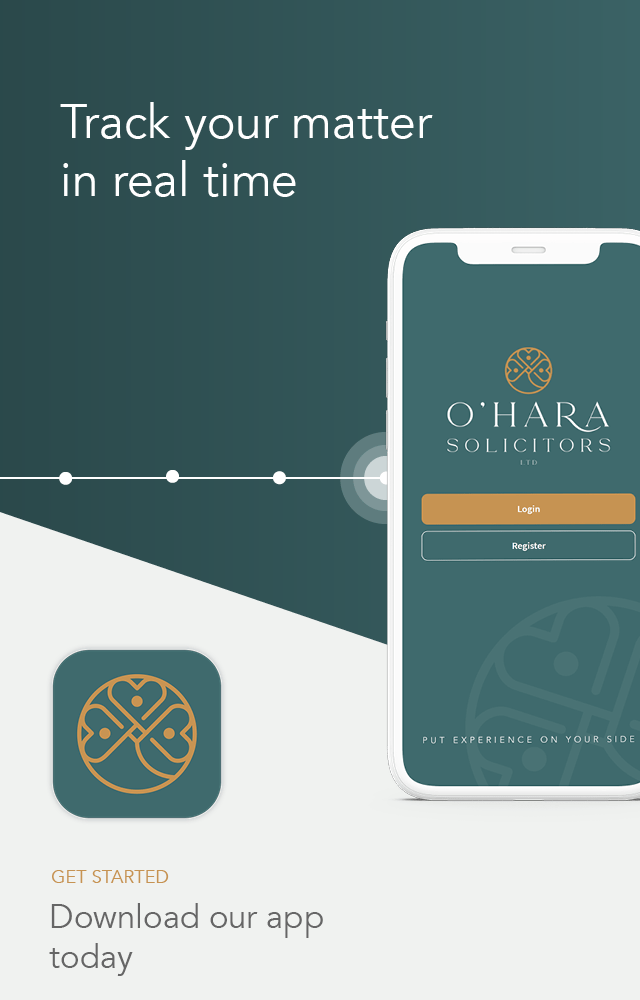Introduction
Cash flow is vital to small business and having to spend time chasing up debts can mean you spend less time making sales and meeting potential new clients and can even delay business expansion plans. Worse, you may be tempted to write off the debt because it is too time consuming or hard to pursue and you worry it will end in court. You know it makes sense to resolve the problem as quickly as possible, you just do not know how to go about it. Here are a few tips on getting your invoices paid on time…or eventually.
Keep records
As a business, you should be in the habit of keeping copies of all invoices. The invoice should be clear about the total amount due, the date it needs to be paid, and what the bill is for. It should also set out how the bill should be paid, i.e., bank account details or who cheques should be sent to, etc. It is vital also that you keep evidence that the work, for example, services or goods have been provided, so that the customer cannot dispute this. Any question of faulty goods or substandard work should be recorded and resolved before you try claiming the money owed.
Taking action
Late payments are a problem for all UK businesses and unfortunately it seems the trend is increasing. Therefore, as soon as an invoice deadline for payment has passed, usually 30 days, any non-payment should be followed up immediately – failing to do this can set a poor precedent for future payments. You will not lose customers by making a polite enquiry by telephone or email about when they intend to pay your invoice, and they will know you have not forgotten they owe you money.
There may be a legitimate reason a customer has not paid an invoice, and this will need exploring. An efficient invoicing system, which automatically reminds you of payment deadlines can be a sensible investment.
The options
The majority of late payments are now chased by debt collection agencies. These are third parties who pursue the debt on behalf of your business. It is important if you choose this option that the debt collection agency has a good track record and is up front about how much it will charge and what it will do. Debtors are more likely to pay up however, when lawyers are involved. Therefore, you may decide to take legal advice at this stage. The right legal help can include writing final demand letters, making telephone calls on your behalf, arranging meetings to discuss disputed invoices or advice about reaching a settlement. The other options to consider are alternative dispute resolution processes and, if necessary, starting litigation.
Mediation
Mediation is the process of having an impartial person, who is trained in dealing with difficult dispute situations, effectively adjudicate between the two parties to reach an agreement. Mediation will nearly always be cheaper than going to court.
Court proceedings
Usually, the threat of court action is enough to get a debtor to pay up. Legal proceedings may only be a sensible option if the chance of winning in court is reasonably good and the debtor’s ability to pay is high. Therefore, it makes sense to know your debtors’ and customers’ financial situation, if possible and get legal help. Claims below £10,000 are processed under the small claim procedure which is one of the most cost-effective solutions for getting your debt paid. The fast-track procedure deals with undisputed claims with a value between £10,0000 and £25,000 and often the court costs need to be covered by the losing party. Debts greater than £25,000 will follow the multi-track procedure and will take longer and inevitably cost more.
What if the debtor is insolvent or bankrupt?
You can decide to petition the court for a winding up order where the money owed to you is greater than £750. The company is put into compulsory liquidation. The court can order the company’s assets to be sold to pay its debts. You can also apply to court to have a company or person, such as a sole trader, declared bankrupt if they owe you more than £5,000. But bankruptcy can take time to come into effect. There will be court fees and you need to register your claim to money against the company or person.
If you or someone you know wants more information or needs help or advice, please contact us on (023) 9225 9822 or email [email protected]






